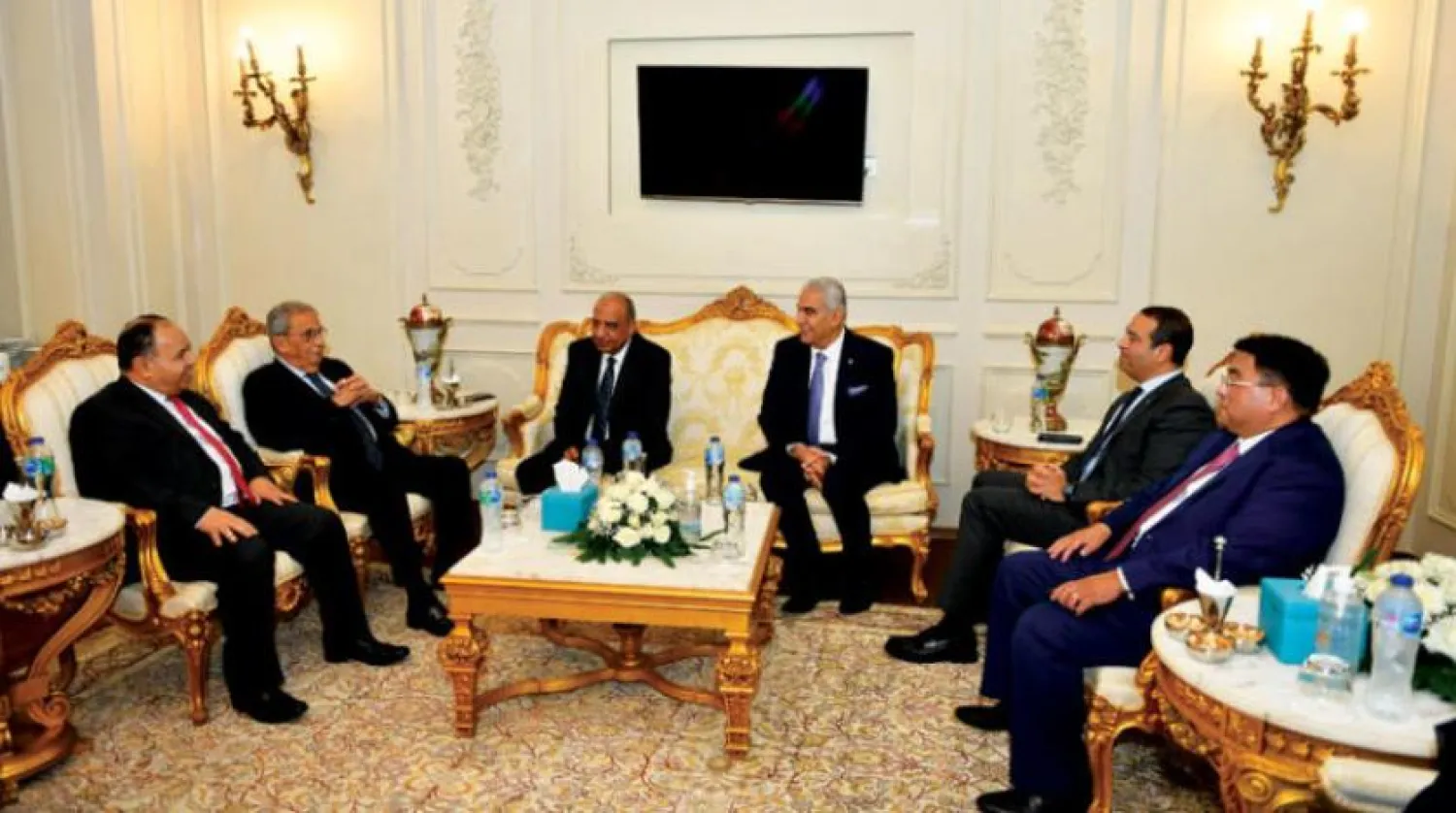Egypt’s Finance Minister Mohamed Maait said that his country was opening its doors to Chinese investments, which have greatly increased over the past ten years.
In 2017, China became the sixth largest investor in Egypt. The Asian country invested $28.5 billion in the Arab region, providing about 24,000 job opportunities, of which Egypt was the biggest beneficiary.
“There are more than 140 Chinese companies in Egypt, 55 percent of which focus on industrial projects, 20 percent on construction, and 12 percent on services,” Maait said during the launch of the Egyptian-Chinese Entrepreneurs Association on Monday.
He added that Egypt was the third largest producer of glass fibers in the world, explaining that the two friendly countries focus on cooperation in strategic industries, such as artificial intelligence, space technology, and e-commerce.
According to the Egyptian minister, the Association constitutes a new platform for effective and sustainable dialogue between the business communities of the two countries, and aims at exploring more investment opportunities in areas of national priority, as well as achieving development goals.
Maait also emphasized the pivotal role played by the Suez Canal Economic Zone in promoting China’s Belt and Road initiative, especially through the Egyptian-Chinese zone for economic and trade cooperation.
Amr Moussa, Chairman of the Honorary Board of Trustees of the Egyptian-Chinese Entrepreneurs Association, stressed that the business climate in Egypt became attractive to foreign investors, adding that cooperation between the two countries extended for more than 60 years.
He also pointed to the need to direct Chinese investments to the development of the Suez Canal area - which enjoys a strategic location at the heart of the Belt and Road initiative - in a way that contributes to the establishment of joint industries and the export of products to the African market.









